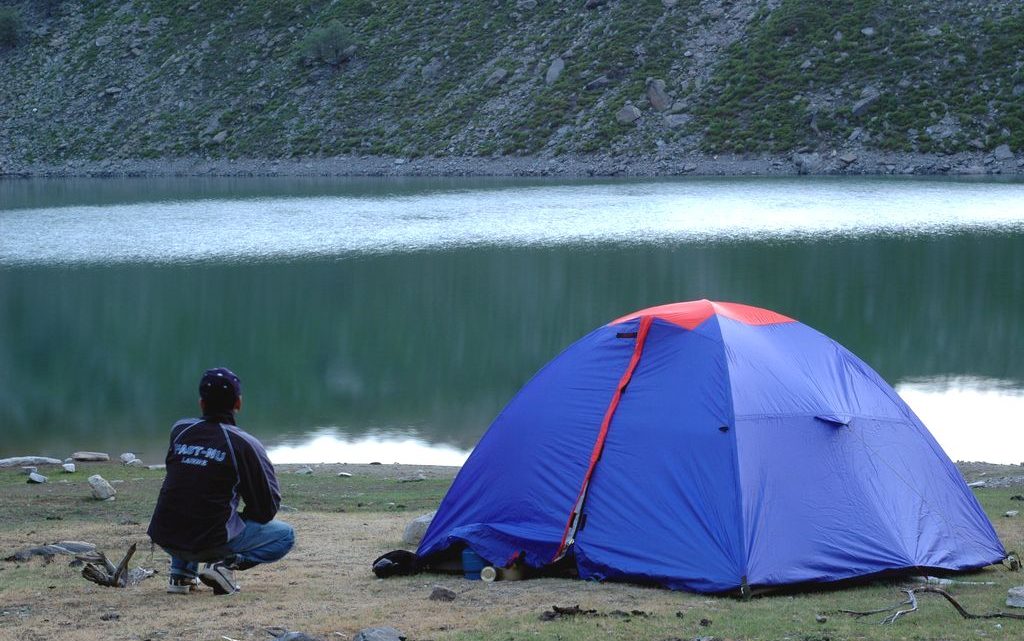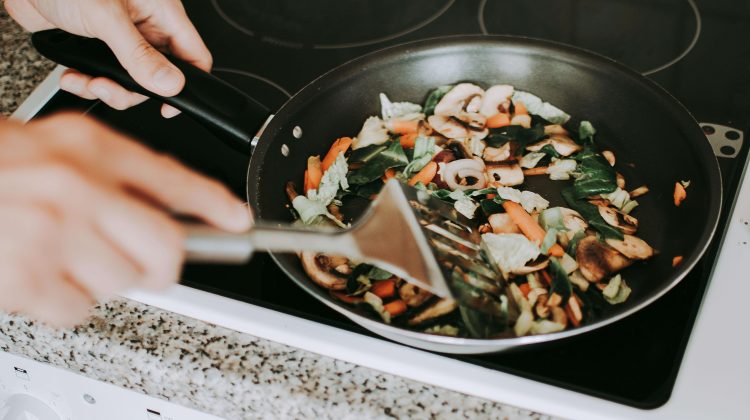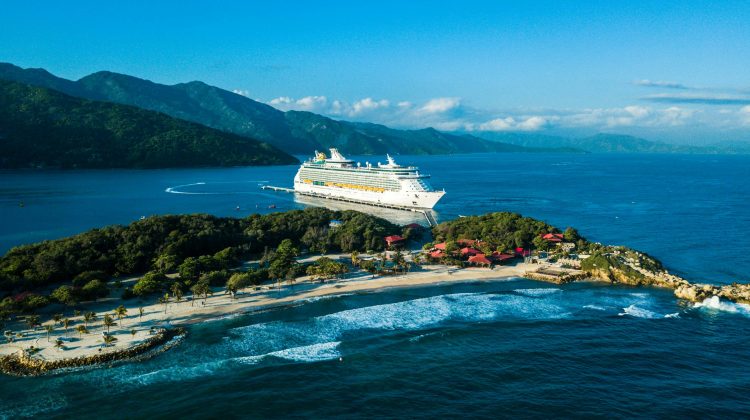Camping and hiking are great activities that you can enjoy with friends and family and spend some time outdoors. Data from the National Parks Service shows that fatal accidents in national parks are rare. A study by personal injury law firm Panish Shea & Boyle about accidents at national parks shows that were under 8 deaths per 10 million visits to parks from 2007-2018. Most of these accidents involved car crashes, drownings and falls. Even if suffering an accident while hiking or camping is unlikely, there are some safety measures that should be taken to prevent an accident or illness from ruining your trip.
Safe Fire Practices
When looking for a place to start a fire, make sure there aren’t any low-hanging branches nearby and don’t build a fire near any brush or bushes. It’s also important to keep at least eight feet of distance between the campfire and the tent and keep any flammable item away from the fire. Use rocks to build a border surrounding the fire pit, if the fire grows the rocks will help keep it inside the borders. Keep an eye on pets and children near a fire to avoid burn injuries. Before leaving the campgrounds or going to bed, make sure that you completely extinguish the fire, to extinguish it you can throw water or dirt into the pit. Stir the embers around to make sure the fire won’t start again.
Don’t Approach Wild Animals
An adventure in the wilderness means you may be in contact with wild animals, the most important rule to follow is to never approach a wild animal. Animals act on instinct; you may want to get closer to the animal to get a better look at it, but they may perceive this approach as a threat and attack. Do some research of the areas you will be camping or hiking in to learn what wild animals live in the area and what to do in case you encounter one.
Store and Handle Food Safely
While it may be obvious to keep food away from a campfire or stored safely away where wild animals can’t reach it, campers can sometimes forget about proper food storage to prevent a food-borne illness. To avoid a food poisoning incident from ruining your trip, follow these simple food storage tips.
- Try to bring food that doesn’t require refrigeration.
- Wash your hands when handling food and prepare it on a clean surface.
- Keep perishable goods in a cooler with enough ice to keep it fresh until it’s consumed.
- Don’t mix raw and cooked foods.
Stay Hydrated
Make sure you bring enough water for the whole trip, since you are exposed to the elements and will have more physical activity than usual, you will need to rehydrate more often. If you are going on a long hike bring water with you. If you’re visiting a national park, ask what areas you can find potable water, in case you run out of the water you bring on your own.
Wear Sunscreen and Bug Spray
Wear sunscreen and reapply throughout the day to prevent a sunburn. Wear hats, long sleeve shirts and sunglasses for extra protection. Make sure to pack bug spray as well and spray your body during the day and at night to prevent a mosquito, ticks, or other bugs from biting you.
Though you should relax and enjoy the outdoors, it’s important that you always remain alert of your surroundings. Pay attention to what you eat, how much water you drink, and rest if you’re feeling tired. Be responsible with your surroundings and respect the area you are in, don’t leave trash or anything behind. Act responsibly to avoid an accident or illness from ruining your camping experience.





No Comment